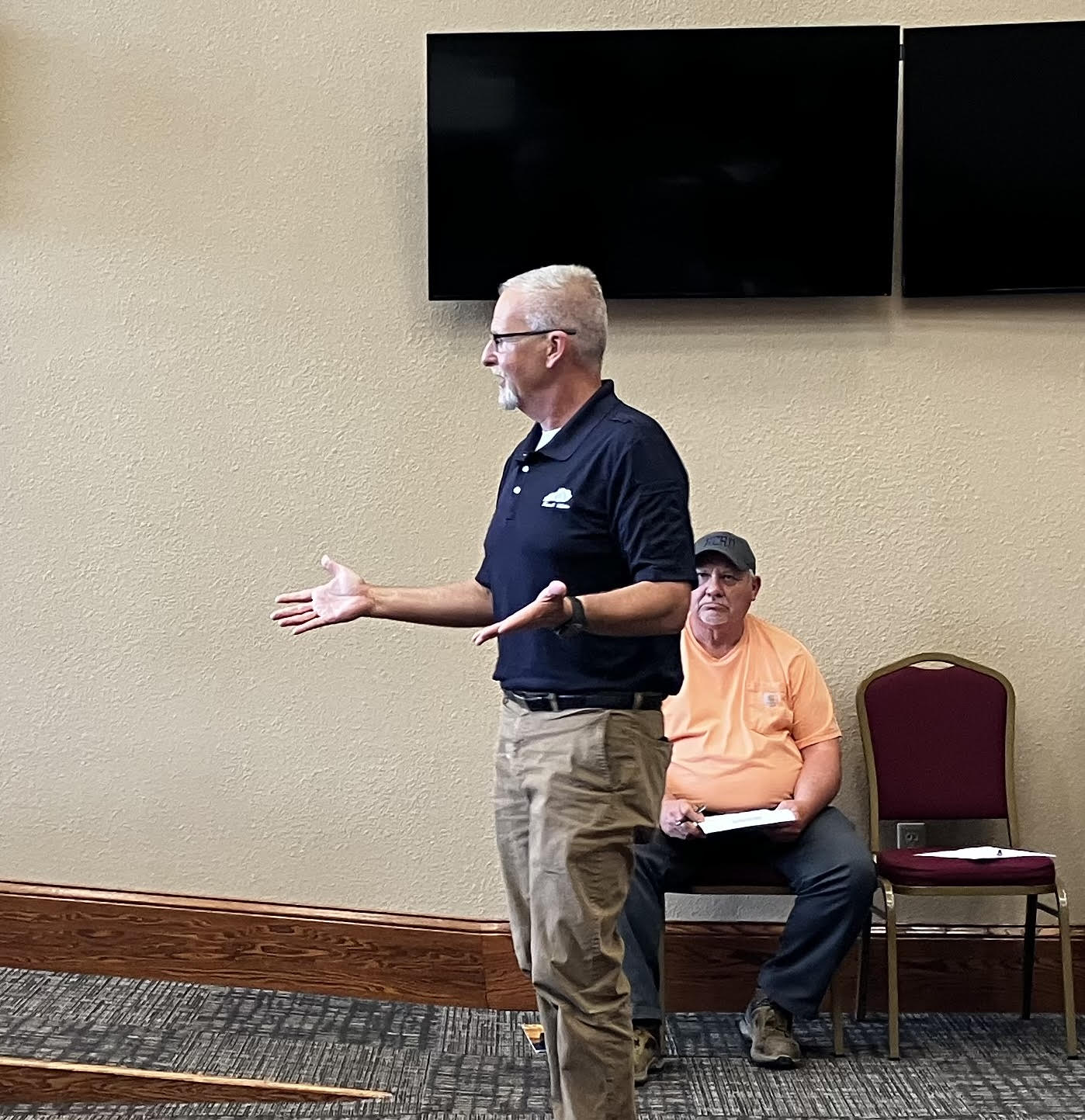BLEVINS: The 75th anniversary of the surrender of Japan
Published 12:10 pm Thursday, August 13, 2020

- Vivian Blevins
|
Getting your Trinity Audio player ready...
|
By Vivian Blevins
Contributing columnist
To gain Japan’s surrender and end World War II, the threat was “prompt and utter destruction,” and Japan’s Emperor Hirohito announced surrender on August 15, 1945. A prelude to what was meant by “utter destruction” had occurred on August 6, 1945, when a B-29, the Enola Gay dropped a nuclear bomb, “Little Boy,” on the Japanese city of Hiroshima. This event was followed on August 9, 1945, when another B-29, Bockscar, dropped “Fat Boy” on Nagasaki, Japan.
Let’s back up a bit. U.S. president, Franklin Delano Roosevelt, had been encouraged to sign Executive Order 9066 in February of 1942 in which Japanese American citizens and Japanese immigrants were deemed a “threat to security,” and the process of removing them from the West Coast and interning them in camps further inland, began. This happened at the same time Japanese Americans were serving in the U.S. Armed Forces.
Joyce Young, 76, of Piqua, Ohio, was born in one such camp, Jerome War Relocation Center in Arkansas, on February 16, 1944. She was the fourth of five children.
Joyce tells her story. “My dad, Shigeichi Hashizume, a raisin farmer in Fowler, California, was born in Wakayama, Japan, in 1902. He spoke little English, was a hard worker, a fine father, and a good man who helped his neighbors. Our house was initially quite modest, a box. As the family grew, he and a friend added to it until we each had our own bedroom. When we returned from being interned, his property had been vandalized, and he had to start over.
“My mother, Toshiko, was a U.S. citizen, born in 1913 in Palo Alto, California. She never talked much about the internment as it upset her. When I started first grade, she changed my name from Kimiyo to Joyce as she wanted my schooling to be easier for me, and it was. She was fluent in English and Japanese; she loved parakeets, so my father built a cage for her half dozen plus birds; she loved gold fish, so he built a pond. She grew vegetables and canned them and helped in the fields. We had all manner of trees from olive to walnut.
“I was going to school in Oakland, California, when I met Gene Young who was stationed at Travis Air Force Base. We married a year later.
“When we returned to Gene’s home in Miami County, I worked for 39 years at Hartzell Fan. Our son, Jeffrey, served in the U.S. Air Force after graduating from Piqua High School in 1981 and was stationed at Yokota Air Force Base in Japan.”
The official surrender of Japan occurred on September 2, 1945. Ben Hiser, retired attorney and Korean War medic of Piqua, Ohio, was 15 when the war ended, but he had monitored it closely because his family members were active in this conflict. He had 18 cousins who served, and brothers: his oldest brother, Ervin, joined the Coast Guard in March of 1942; his sister married an architect who was sent to the Pacific Theater in 1944 to build runways for B-29s; his youngest brother, Harold, joined the Merchant Marines at age 16 in 1944; his brother Johnny was on Guam when the war was over.
When his brothers and cousins came home, Hiser says, “None seemed to want to talk about it.”
Harry Christy, 98, of Piqua, Ohio, was in Germany at the time of Japan’s surrender and had completed a deadly deployment: across France following the Allied assault on the Beaches of Normandy, combat at the Battle of the Bulge, and a stint at Stalag VII-A, a POW camp where he helped those who had been imprisoned there ready themselves to go home.
In regard to President Truman’s decision to use the atomic bombs Christy concedes that it was “disastrous, but a quick way to end a war that would have cost many Allied lives.”
He indicates that there were three groups in the European Theater at the time of Japan’s surrender: A, B, and C. In group A were men who had accumulated enough points to be discharged from the military; Group C was the group with no points, no furloughs, and they were going straight to Japan for the invasion. He was in group B which meant he would have a 30-day furlough and go to the U.S. to be trained to go to Japan.
With the surrender, there were not enough ships to transport all the military back to the U.S., so from September to December of 1945, he earned his pay at Camp Tareyton.
Another Piqua resident Harry Ashburn, 98, was at Luzon, Philippines, at the time of Japan’s surrender. After having served in the Pacific Theater for two and one-half years, he was scheduled for a 60-day leave and was in the orderly room, playing poker, listening to Big Band/Swing music and waiting for transportation to go home when he heard the announcement on the Armed Forces radio.
The men saw that as “a signal to jump, yell, scream, and back slap- no high fives in those days.” Thirty minutes later, his transportation arrived and he was on a troop ship headed home with lots of conversation about the future- work, family, and food.
German POWs served the soldiers T-bone steaks and fries in San Francisco with an attitude Ashburn says, “not hostile. May have been happy to have survived the war as all of us were.”
From S. F., there were many stops along the way, and at Fort Dix, Ashburn was given uniforms for cooler weather and a train ticket home to Altoona, Pennsylvania, where he walked the two miles home when he arrived after midnight.
He woke up the family and they sat up talking most of the night with Ashburn being amazed at how “my younger siblings had changed in the three years I had been gone.” His family, on the other hand, was surprised at how yellow he was from the substitute for quinine pills he had taking every day in the South Pacific to avoid catching malaria.
Before returning to Fort Dix on November 14, 1945, to be formally discharged with a train ticket and a $300 discharge bonus, Ashburn spent his 60-day leave catching up with his friends.
Back at Altoona, he bought a suit of clothes, shoes and an overcoat, joined the 52-20 Club ( $20 a week for 52 weeks for soldiers) and went back to his old job in the repair shop of the Pennsylvania Railroad.
He soon realized that he needed to move ahead and used his G I benefits to enroll at Otterbein College. That, however, is another story.
You might ask, “Vivian, why do you keep writing these columns about the military?” I know that a democracy requires a military and a citizenry that is ever on the alert for when democracy is being compromised. Finally, I know that we are in the process of becoming as our demographics change and we learn “how to do” democracy in 2020 and in the years that follow.





